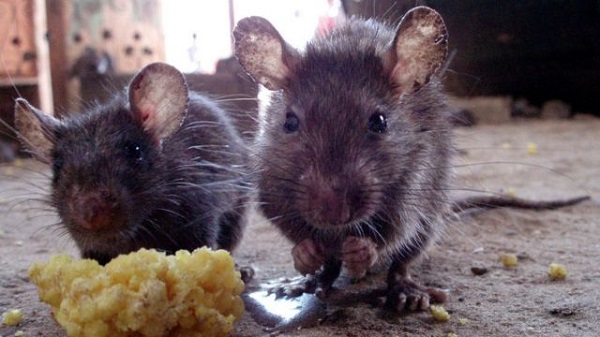
The Nigeria Centre for Disease Control and Prevention (NCDC) has reported a significant increase in confirmed cases of Lassa Fever in the latest reporting week.
The NCDC, through its official website, stated that 10 cases of Lassa fever were registered across four states between May 20 and 26, 2024.
Lassa fever is an acute viral hemorrhagic illness transmitted to humans through contact with food or household items contaminated by infected rodents or from person to person. Symptoms include fever, headache, sore throat, general body weakness, cough, nausea, vomiting, diarrhea, muscle pains, chest pain and, in severe cases, unexplained bleeding from the ears, eyes, nose, mouth and other body openings.
According to the NCDC’s recent update, the number of confirmed Lassa fever cases rose from four in week 20 to ten in week 21. Additionally, there has been an increase in the number of suspected cases compared to the same period in 2023.
Cumulatively, Nigeria has recorded 897 confirmed cases and 162 deaths in 2024, with a case fatality rate (CFR) of 18.1 percent. This is higher than the CFR for the same period in 2023, which was 17.1 per cent. The NCDC noted that 28 states have confirmed at least one case across 125 local government areas (LGA) in 2024.
Furthermore, 65 per cent of the confirmed cases were recorded in four states: Ondo, Bauchi, Edo and Plateau, while 35 per cent were reported from 25 other states. Of the 65 percent, Ondo State accounted for 25 percent, Edo 22 per cent and Bauchi 18 per cent.
The NCDC highlighted that people aged between 31 and 40 were predominantly affected by the disease, and no health workers were infected in the reporting week. This surge underscores the growing concern and the need for heightened surveillance and preventive measures in the country.
The public health agency urged the public to adhere to recommended safety protocols and promptly report any symptoms to local health authorities. The NCDC is intensifying efforts to trace contacts and implement control measures to curb the spread of the disease.
The agency will continue to monitor the situation closely and is working with state health authorities to ensure a coordinated response.
“The National Lassa Fever Multi-partner, Multi-sectoral Technical Working Group (TWG) continues coordinating the response at all levels,” the NCDC added.

